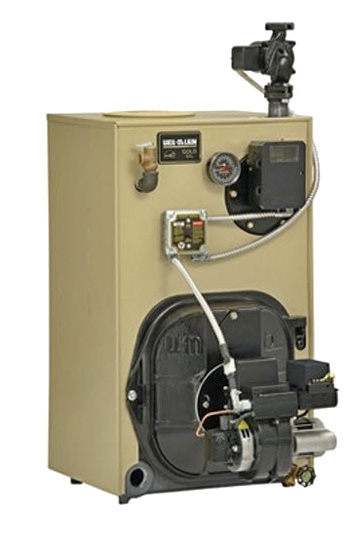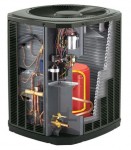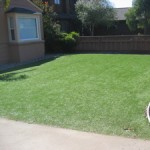What are oil boilers?
 Oil-burning heating systems use oil to warm your home. Just as a gas boiler or a water heater use gasoline and water, respectively, as the fuel source, this kind of boiler relies on oil. The oil is made into a spray when it is pushed through a narrow nozzle, and then ignited with electricity.
Oil-burning heating systems use oil to warm your home. Just as a gas boiler or a water heater use gasoline and water, respectively, as the fuel source, this kind of boiler relies on oil. The oil is made into a spray when it is pushed through a narrow nozzle, and then ignited with electricity.
Why are they useful?
There are many places in the country and the world in which it is difficult or expensive to get natural gas. This is where oil boilers come in: furnaces and heaters powered by oil are an alternative in places where natural gas is difficult to get a hold of, like the American Northeast. As a renewable fuel, oil is one way that you can heat your home conscientiously. Many domestic manufacturers now blend oil with biodiesel, meaning that you are that much less dependent on oil from foreign countries. Biodiesel also produces less air pollution than oil does by itself.
Different types of boilers
There are three kinds of boilers that run on oil: combination, standard, and system. Combination boilers provide hot water instantaneously, which makes them ideal for everyone (but especially the impatient). The downside of this is that it slows the flow-rate of the water, because it is being heated as it moved. Combination boilers are best for smaller homes and families.
Standard boilers — also known as “regular” or “conventional” boilers — come equipped with a hot water storage tank. Instead of providing water as it heats, it heats and stores it first, which makes this kind of boiler much more convenient for larger homes or with families that may have more than one bathroom. They also have higher flow rates, which is even better news for households where multiple people may need hot water at the same time.
System oil fired boilers have a lot in common with standard boilers. One of these similarities is that they use a tank to store hot water before dispensing it. What distinguishes them from each other is that system boilers are built to store all of the more important components of the system in the case, which means all of these parts — the air vent, the safety valve, the controls, and others — are all in the same place, which makes maintenance and replacing parts much easier to do. The downside of this convenience is that they tend to be larger than other kinds of boilers, and therefore take up more space.
Why should I buy a boiler?
There are many advantages to having a boiler for your home-heating needs. For example, a boiler has a two-in-one-function: it heats both your home and your water supply, meaning that you do not need to install or maintain a separate water heater system. They also heat evenly, so that your entire home can enjoy the warmth rather than just the areas near the boiler itself. Advances in technology have also made it easier to integrate boilers with your home air conditioning system.
Author: Keisha Roberts
 Concrete: How “Green” is it and What are the Alternatives?
Concrete: How “Green” is it and What are the Alternatives? Can an Air Conditioner be Used as a Heater? A Guide to Using Your AC as a Heat Pump
Can an Air Conditioner be Used as a Heater? A Guide to Using Your AC as a Heat Pump Fake Grass, Synthetic Turf or Stepford Lawns?
Fake Grass, Synthetic Turf or Stepford Lawns?